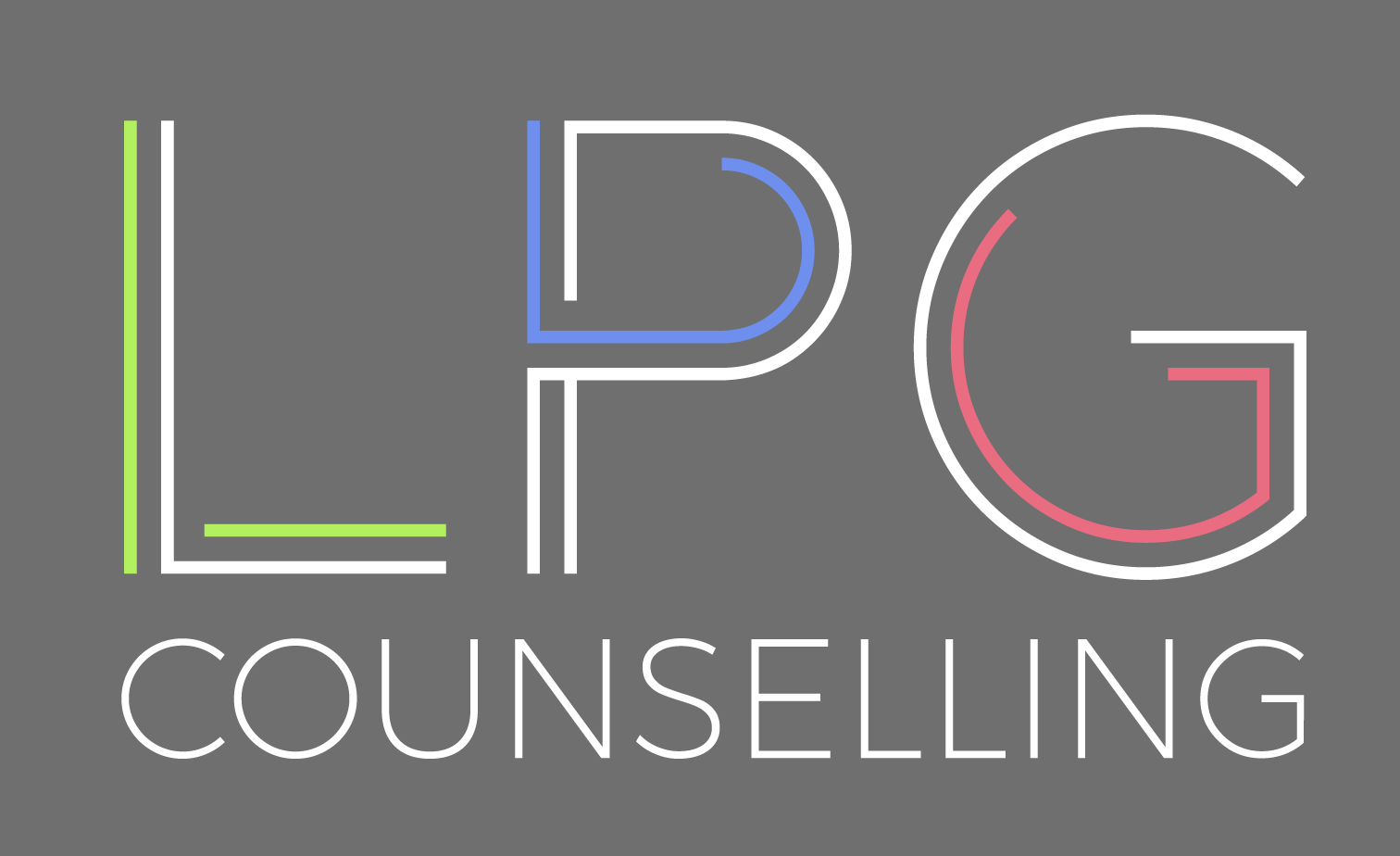The Chronic Pain Blame Game
There is a privilege that exists within wellness. An idea that we are all equal and that if we would only eat the right foods, exercise in the right way and reduce our stress, we'd all somehow be on the same playing field.
That is a fallacy. A dangerous fallacy.
All this does is perpetuate the myth that we are in control of our own health and if we are in control, then that also means that we are to blame when things go wrong.
I have lived with chronic pain for more years than I care to count. I have berated myself, felt weak, broken, angry, isolated and helpless on a continual loop. I have believed, truly believed, that if I could just try harder that I could “beat” my pain and get back to normal...whatever that is?
I have spent years justifying my pain to others be it medical professionals, family members, friends or co-workers. I have had people, however well meaning, tell me what I needed to do in order to be well. People have literally tried to tell me how I am feeling, what my body is experiencing and why. Perhaps that is one of the many reasons I am so passionate about person centred counselling as I am painfully aware that no-one knows what you are experiencing except you and to think otherwise is incredibly damaging, not to mention foolish. How often have you felt silenced, judged or dismissed in conversation with someone trying to tell you the answer to a question you haven't even asked?
Welcome to the life of a chronic pain sufferer where unsolicited advice is the name of the game!
Pain is exhausting. It seeps into every area of your life draining you of patience, energy, spontaneity and hope. Pain changes you. How can it not? Your perspective on the world and your relationship with your body cannot continue as it once did.
A lot of the personal work I undertook whilst studying for my post grad was around my complicated relationship with my body and the years of chronic pain I have endured. I worked exceptionally hard to sit with the uncomfortable feelings that I had around failure, weakness and of feeling separate from my body. I found that in those truly difficult spaces I unearthed compassion for myself that I didn't even know existed. I had spent so long in conflict with my body that I didn't know how to show myself kindness, only anger, frustration and blame.
Ah, there's that word again. Blame. A familiar foe to anyone experiencing any type of chronic/invisible illness. There is a narrative that exists within the world at large that if you put your mind to it, you can achieve anything. While a wonderful sentiment, there doesn't seem to be a whole lot of understanding around the fact that this isn't always possible. All the positive thinking in the world cannot shoo away a chronic illness.
It is this type of reasoning that is so harmful to someone with an invisible or chronic illness. Whether or not it is intentional you are essentially telling someone that they are choosing to be in pain. I can assure you that no-one chooses to be unwell. There is no fun to be had by having to routinely cancel plans, restrict your movements or activities, either be in too much pain to sleep or be feeling so unbelievably fatigued that your body feels like lead and has to sleep. There is no end.
The wellness industry has further fuelled this rhetoric by promoting this idea of attainability. That, as I mentioned previously if we follow their rules we too will be cured. We won't. That's not to say there aren't things that will ease our symptoms, there are, but apart from them being costly the word chronic is key here. We don't get a day off so any work that we do to relieve our pain only gives us temporary relief, if at all.
So there you have it folks, “The Chronic Pain Blame Game”; the game no-one asked to join, where the rules continually change and you are constantly in play!
By Laura Finnell

